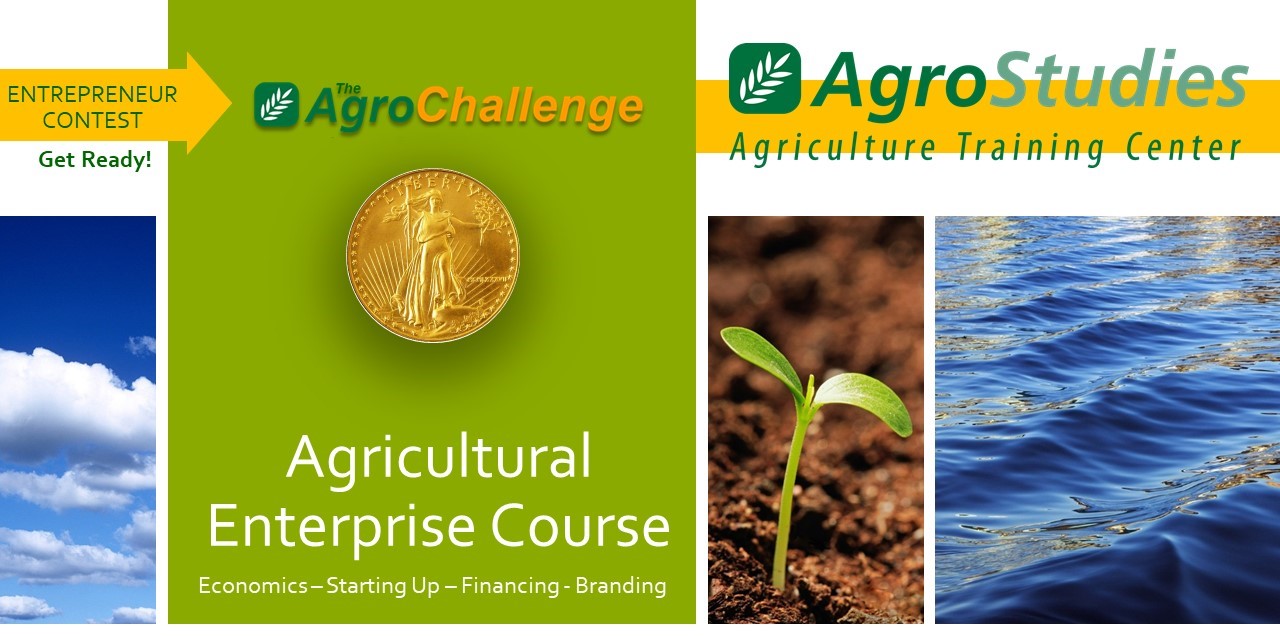
Course
Summary:
The course empowers you to plan your business and then raise it to
reality by external funding.
You are offered knowledge and practical tools for establishing an
agricultural enterprise business, followed by a chance to create or participate
in a group project to plan, brand and present it to external funding investors
and programs. The course supplies students with topnotch current market
solutions, strategies and case studies, and assists with the awareness and
allocations of entrepreneurial business corporations and Capital Fund raising
instruments.
Syllabus:
·
Economic Thinking. Business Plan Structure. Production/ Service
Models.
·
Creating a Vision. The Law of Diffusion of Innovation. Branding.
·
Business Environment & Management Models. CEO & Team
Responsibilities.
·
Forecasting and Calculating Income Estimations.
·
Funding: Investors, Funds, Government Support Programs,
Strategic Partners.
·
Open-Office Excel introduction. Time Management (with
computers).
·
Marketing & Sales Strategy. Productions & Investment
Costs (with computers).
·
Financing Equations and interest functions (with computers).
·
Personal sales and presentation skills. Investment negotiations.
·
Group Projects Presentations for investors and Capital Funds.
The
Course includes Business Games, Active Board Meetings & Peer Assessment
Presentations
- Teacher: Danny Abramovich
- Teacher: Reuven Bar Meir
- Teacher: Yoni Bar-Yosef
- Teacher: Geula biton
- Teacher: Alex Braun
- Teacher: Ariel Brosh
- Teacher: Ortal dagampur
- Teacher: Yaron Drukman
- Teacher: Chen Lev
- Teacher: Liron Porat

Course Summary:
This course enables you to study the main issues related to research in Agriculture.
Syllabus:
- Introduction to experimental research in Agriculture.
- Design of research study at the host farm.
- Scientific writing.
- Writing a research proposal.
- Data collection.
- Data analysis: basic statistical tools, correlation plots, trend lines.
- Using Excel to generate graphs and for data analysis.
- Writing a final report.
- Principles of presentation: performing in front of audience, the correct structure of the slides, generating clear slides and the use of PowerPoint.
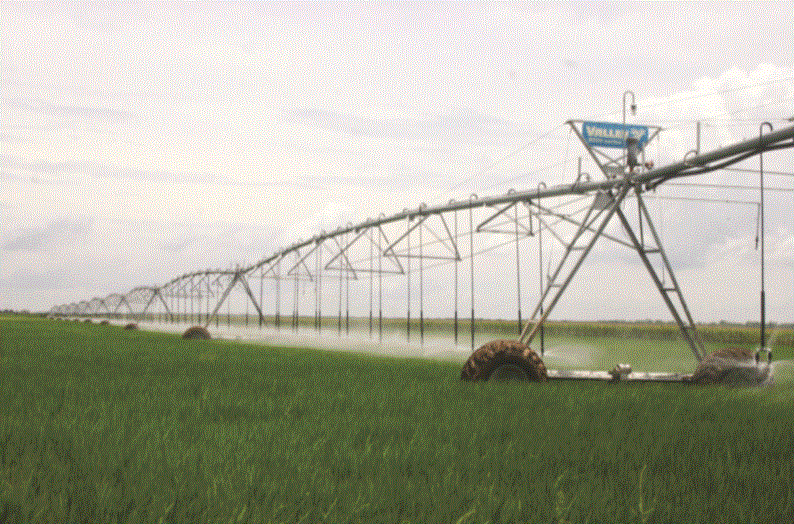
Course Summary:
To learn basic principles of modern irrigation management. Included in these basics, are topics covering the latest inventions of localized irrigation technologies, among these:
Fundamentals of soil-water relations; hydraulics; evapo-transpiration and irrigation scheduling; economics and irrigation efficiency; agricultural sprinkler, and drip irrigation technologies; fertigation and chemigation; water quality and filtration.
The major objectives of the Course pretend to teach the student to set-up practical and efficient irrigation systems that can improve crop productivity and profitability, minimize water use, and protect natural resources.
Syllabus:
- Micro Irrigation: Definitions, Components, Classification of Micro-emitters, Micro-jets, Micro-sprinklers, Spreaders and Swivels, Water distribution patterns, Application rate, number of emitters in a lateral.
- Drip Irrigation: definition, Drippers classification, Water passage dimensions, Layout of drip irrigation systems, Water and salts distribution patterns, Regulated drippers.
- Sprinkler Irrigation, components, Advantages and disadvantages, Definitions, Spacing - Precipitation rate, Sprinkler types, Rotating impact sprinkler (Hammer), Nozzles, Irrigation Uniformity, Water distribution pattern.
- Filtration: impurities in water, Water analysis, Filtration definition, Mechanical filtration. Filter types, Filters maintenance.
- Automation: the latest technologies facilitating the operator the minimum manual intervention, and their justification.
- Teacher: Gad Elharrar
- Teacher: Yariv Heilbrunn
- Teacher: Gilad Marek
- Teacher: Gadi Mozes
- Teacher: Dubi Segal
- Teacher: Avi Shani
- Teacher: Nissim Sroussi
- Teacher: joon zilbeman
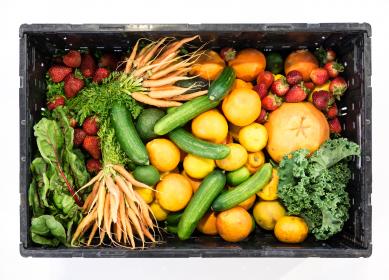
<p></p><p><strong>Course Summary:</strong></p><p>This course enables you to study basic methods and techniques of vegetable production in modern farms while achieving high yields and high-quality products.</p><p><strong> Syllabus:</strong></p><ul><li>Introduction of vegetable growth in Israel.</li><li>Irrigation and fertilization in vegetable.</li><li>Irrigation, fertilization and climate control monitoring.</li><li>Plant protection in vegetable growth.</li><li>Vegetable growth in greenhouses.</li><li>Vegetable growth in the open field.</li><li>Industrial vegetable growth.</li><li>Compression between vegetable growth in Israel and vegetable growth in the students' home countries.</li></ul><br><p></p>
- Teacher: Gamliel Benny
- Teacher: Michel Lazare
- Teacher: Eitan Neubauer
- Teacher: weiss ori
- Teacher: Nissim Sroussi
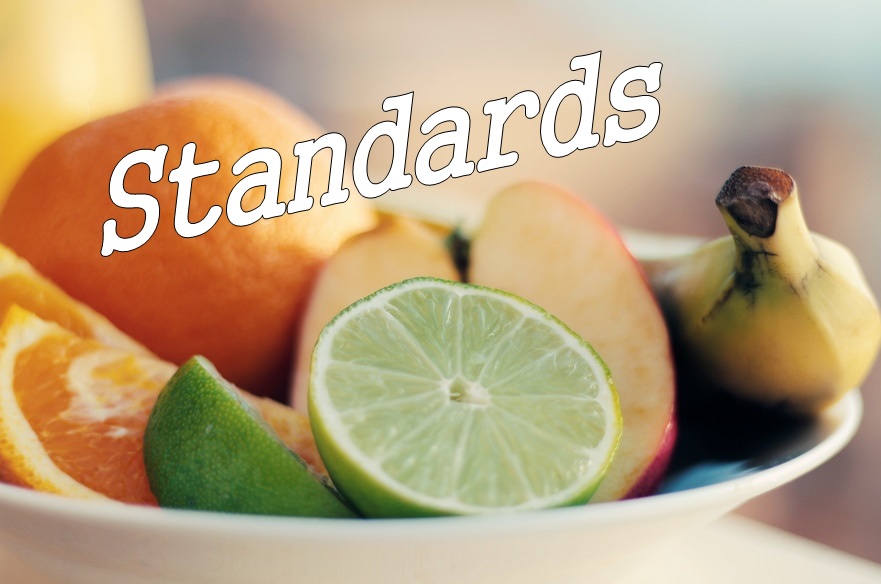
Course Summary:
This course enables you to study the main issues related to the international standards and their importance in agriculture.
Syllabus:
- The need for standards: What standard is, Consumption chain and involved parties, what the customers want, why it changed (World Trends), Development of standards.
- Types of standards: Universal vs. local/specific buyer (who defines), Generic vs. checklist (how defined), Division by main issue of interest (what required), Accordance to stage in production (where required).
- Main instruments for standard implementation: Risk analyses, documented procedures instructions, Traceability, Competence and training, Infrastructures control, Records, Complaint management and corrective actions, Internal audits self-assessment, Data analyses.
- Short review of standard’s requirements: Global GAP, ISO 9001, BRC.
- Teacher: Nardin khatib
- Teacher: Ido Aviani
- Teacher: Ricardo baram
- Teacher: Liron Israeli
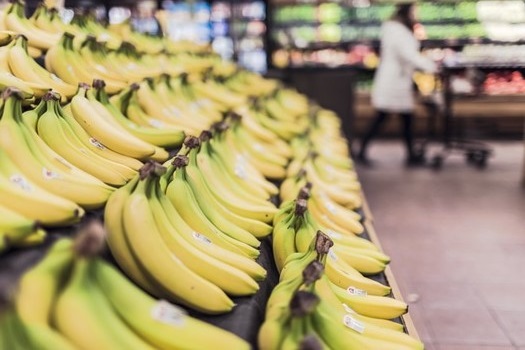
Course Summary:
This course teaches advanced methods and techniques of handling agricultural products starting from harvesting, packing, storing and, marketing while maintaining a high quality of the product and preventing disease and deterioration.
Syllabus:
- Introduction + postharvest losses+ Controlled and Modified Atmosphere.
- Temperature management
- Ethylene and ripening.
- Postharvest pathology.
- Postharvest of tropical fruits.
- Harvest indices.
- Teacher: Dani Gamrasni
- Teacher: Lea Madi
- Teacher: Edna Pesis

Course Summary:
This course introduces to the student advanced and environmental friendly methods of controlling pests and diseases.
Syllabus:
- IPM \ ICM principles
- IPM methods
- Plant protection methods
- Quarantine pest
- Horticulture means as tools for Plant Protection techniques (pruning, thinning, irrigation, nutrition).
- Med-Fly as a model pest for IPM means.
- Mating distraction – an IPM technique.
- Biological control
- Chemical treatments (Friendly chemicals) include MRL, LD50.
- Teacher: Ofer aidlin harari
- Teacher: Ricardo baram
- Teacher: Anurag Dagar
- Teacher: Shmuel David
- Teacher: Yariv Heilbrunn
- Teacher: Timna Shoer
- Teacher: Miriam Silberstein
- Teacher: Yehudit Vardi
- Teacher: Efraim Zuckerman
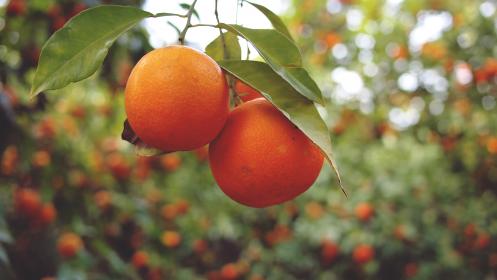
Course Summary:
This course enables you to study basic methods and techniques of fruit tree farming in modern farms while achieving high yields and high-quality products.
Syllabus:
- General principles in horticulture using examples of the Israeli orchards agriculture.
- Planning a fruit crop industry: growing conditions, sensitivities, varieties, storage protocols.
- The importance of rootstocks.
- Phonology of fruit crops.
- Intensification of fruit crops maximization of yield, fruit size and fruit quality, conventional
- And high density orchards, principles for luminosity maintenance.
- Irrigation using vegetative parameters vs climatic parameters. Fixed and variable irrigation Volume.
- Managing of a fruit crop plantation: irrigation and pruning strategy.
- Maximization of yield by manipulations: the use of plant growth regulators.
- Pollination as a limiting factor.
- Canopy management.
- Orchard design. Fruit tree machinery.
- Teacher: Ido Aviani
- Teacher: Yariv Heilbrunn
- Teacher: Timna Shoer

Course Summary:
This course enables you to study basic methods and techniques of fruit tree farming in modern farms while achieving high yields and high-quality products.
Syllabus:
- General principles in horticulture using examples of the Israeli orchards agriculture.
- Planning a fruit crop industry: growing conditions, sensitivities, varieties, storage protocols.
- The importance of rootstocks.
- Phonology of fruit crops.
- Intensification of fruit crops maximization of yield, fruit size and fruit quality, conventional
- And high density orchards, principles for luminosity maintenance.
- Irrigation using vegetative parameters vs climatic parameters. Fixed and variable irrigation Volume.
- Managing of a fruit crop plantation: irrigation and pruning strategy.
- Maximization of yield by manipulations: the use of plant growth regulators.
- Pollination as a limiting factor.
- Canopy management.
- Orchard design. Fruit tree machinery.
- Teacher: perets brosh
- Teacher: Avihai Ilan
- Teacher: Timna Shoer

Course Summary:
This course enables you to study basic methods and techniques of fruit tree farming in modern farms while achieving high yields and high-quality products.
Syllabus:
- General principles in horticulture using examples of the Israeli orchards agriculture.
- Planning a fruit crop industry: growing conditions, sensitivities, varieties, storage protocols.
- The importance of rootstocks.
- Phonology of fruit crops.
- Intensification of fruit crops maximization of yield, fruit size and fruit quality, conventional
- And high density orchards, principles for luminosity maintenance.
- Irrigation using vegetative parameters vs climatic parameters. Fixed and variable irrigation Volume.
- Managing of a fruit crop plantation: irrigation and pruning strategy.
- Maximization of yield by manipulations: the use of plant growth regulators.
- Pollination as a limiting factor.
- Canopy management.
- Orchard design. Fruit tree machinery.
- Teacher: Ido Aviani
- Teacher: Avihai Ilan
- Teacher: Timna Shoer
- Teacher: Leo Winer
